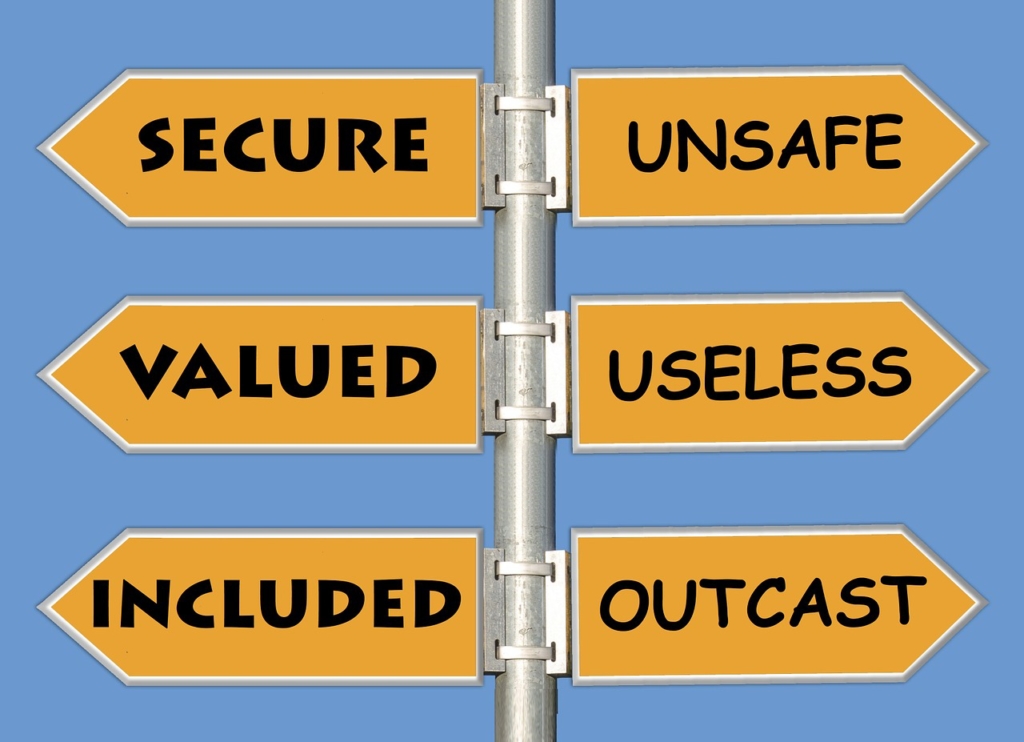
Decision Time
Do you ever think about the number of decisions you make in a day?

Your decisions start from deciding what time you get up in the morning and finish with the last one of the day which is when you go to sleep. In between you will make decisions about what to wear; what to eat for breakfast, lunch and dinner (whether you choose to eat, do the 5:2 diet, choose between a roll or a salad etc.,); your mode of transport to work; decisions for your children, how you perform your job and in between all of the little/big choices of the normal day are the decisions that will alter your life path, create a new path, and may be the cause of regret.
These bigger decisions involve risk of some description. Decisions such as applying for a new job, buying a house, what shares to invest in, are made with your key values, rules and boundaries (whether you are aware of them or not). Most of these decisions are made with the potential for loss factored in.
The decisions you make define what you experience and the path your life takes. It’s good to review the basics in making a decision.

What factors influence your decisions?
- The fear of upsetting others
- Doing the right thing (even though this is hard to define)
- Taking care of other people’s needs first
- You feel that other people know more than you do
- You are afraid of making a mistake
- Your past – you made a mistake in the past and now want to avoid loss
- Your caregivers past – your parents experienced loss and safety is your primary value.
- Looking good and letting others think you are more in control than you feel
- You are uncomfortable with too many choices
- You fear missing out if you choose one thing above another
If any of the influencing factors above applied to you – then you are learning, through the process of decision making, to define who you are and what you want.

A few helpful tips on making a decision.
- Bad decisions are made from a lack of knowledge. Make sure that you know who you are; what you expectations are; about the other person or organization or contract that you are signing up to.
- People reveal themselves pretty early on in the piece; what you see at the start is usually what you get later on when things are not right (of course there exceptions to this rule) – so be observant.
- If you are a person who struggles with decision making. Become comfortable with making small decisions before you start to make the bigger decisions
- Don’t avoid making decisions –inaction is a decision
- Don’t ask others to make your decisions for you as you are asking another person to define the life you live. The other person will make the decision based on their own values, rules and boundaries, not yours. If you don’t like the outcome, you will make them responsible for the outcome, but ultimately you invited them to make this decision for you.
- Use your feelings to guide you to the decision that feels comfortable. Taking risk can involve feeling uncomfortable. Remind yourself of all the good decisions you have made in the past. These decisions had a feeling associated with the moment when your system said go- ahead– use your past memories to check whether the new area has the same ‘feel’ to it.
- Develop trust in yourself. Making decisions is an exercise in trust. Not trust in the world around you, but trust in yourself. If you don’t trust yourself, explore why you don’t. Understand the reasons you made the decisions in the past. Then treat learning to trust like training for a race like the marathon. Go for small runs every day by making conscious decisions on a daily basis – look at the decisions that feel positive and why. With practice you can develop a ‘trust muscle’ based in your feelings. This ‘trust muscle’ will guide you in the future.
Trust yourself and you will be comfortable with the outcomes you have chosen. In awareness decisions reflect your values, your rules and your boundaries. They validate YOU.

Lucille Henry PhD






Recent Comments